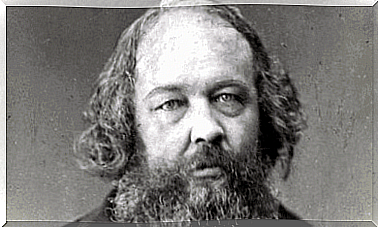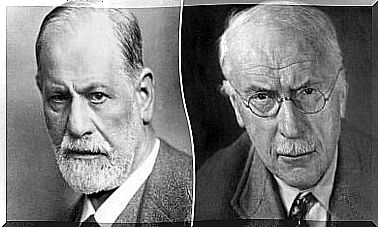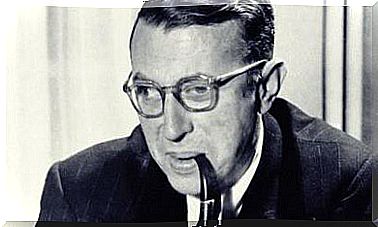The Three Most Common Myths About Eating
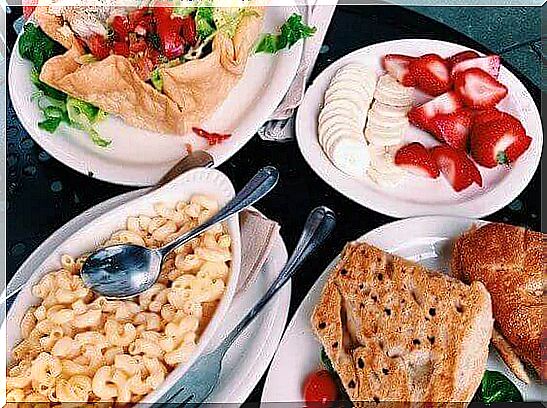
Nutrition is one of the topics about which there is most confusion. Today there is a huge variety of theories, misinformation, and views on how we should eat. This makes most people feel very lost when it comes to losing weight or trying to be healthier. So let’s talk about the main myths about eating in this article.
All these myths have been disproved by scientific researchers over the years. So, nowadays, we can be sure that they should not influence the way we eat at all. You will find an explanation for each of them, you will know why they were denied and what changed to make this happen.
However, before we move on to them, let’s try to answer why there are so many myths surrounding science.
Food Myths: Why Do They Arise?
Nutrition, like psychology or medicine, is a science directly related to human beings. As such, clinical studies that would be ideal often cannot be performed.
This makes knowledge in this area much more difficult to develop than in other fields, such as physics or chemistry for example, where norms regarding manipulation are far less restrictive.
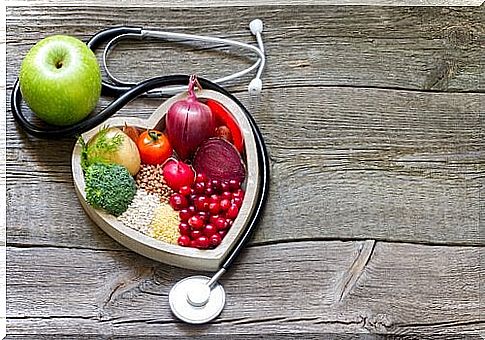
Most research conducted in nutrition was based on statistics. Although the data provided by these mathematical techniques are very useful, in general they do not allow us to establish the causes. That is, most of the time we cannot know why a certain result happened.
This is one of the reasons why there are more myths: until scientific research is done, data obtained on nutrition will always be incomplete. For this reason, this science, young in its development, does not yet have all the answers about what is healthy and what is not.
This does not exclude the fact that, in recent decades, there has been an explosion of knowledge about this field, mainly due to concern about the obesity epidemic in the developed world. Next, we will see which are the main myths that started to be considered as such a short time ago.
1- Eating too many eggs is unhealthy
One of the main myths about eating is that eating too many eggs (especially yolks) can lead to all kinds of problems. This idea was generated by the belief that consuming too much cholesterol causes it to increase in our bodies. Sounds logical, doesn’t it?
Well, the latest studies have shown that our cholesterol levels aren’t as conditioned by foods like eggs. Today it is known that our body produces four times more amount of this substance than what we are able to eat in a day, so the impact of consuming eggs in the diet is not very large in this regard. Another question would be to study the impact of those foods with which we accompany eggs.
2- Eating fattening fat
Another major myth about eating is that eating too much fat makes our weight skyrocket. However, nowadays it is known that this does not work exactly like that.
The belief originated in counting the calories that each type of macronutrient has: while carbohydrates and protein have four calories per gram, fat has nine. Consequently, it is logical to think that if we are to lose weight, we have to eat more of the former types of nutrients and less of the latter.
However, recent studies indicate that, within normal parameters, the consumption of fat that is well integrated into the diet can make us lose weight. This is because this substance is involved in a large number of fundamental processes to lose weight, such as the production of testosterone, the feeling of satiety or the acceleration of basal metabolism (the rate at which we burn calories in a natural way).
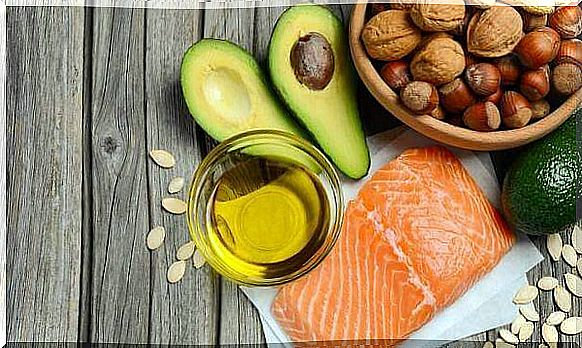
3- Breakfast is the most important meal of the day
My grandmother always repeated a popular saying that sums up one of the main myths about food: “Drink coffee like a king, lunch like a prince and dine like a commoner” . This saying is based on the long-held belief that eating a plentiful breakfast is essential to functioning properly throughout the day.
While the act of eating a nutrient-rich breakfast can give us more energy throughout the day, the truth is that a typical Western breakfast would do just the opposite. When eating cereals or carbohydrates, our bodies experience a series of insulin spikes that provide short-term energy.
In other words, the two options most recommended by experts with respect to breakfast are:
- Eat foods low in sugar and high in healthy fats and proteins.
- Eliminate breakfast by practicing what is known as intermittent fasting.
The reflection we’ve made here on the myths about food was probably surprising to you: this reflection runs counter to what we’ve traditionally learned about nutrition. However, the good thing about science is that it advances little by little as new evidence emerges.
Who knows what else we will discover in the future about this field so important to our health? After all, what is not a myth, without a doubt, is that “we are what we eat”.

